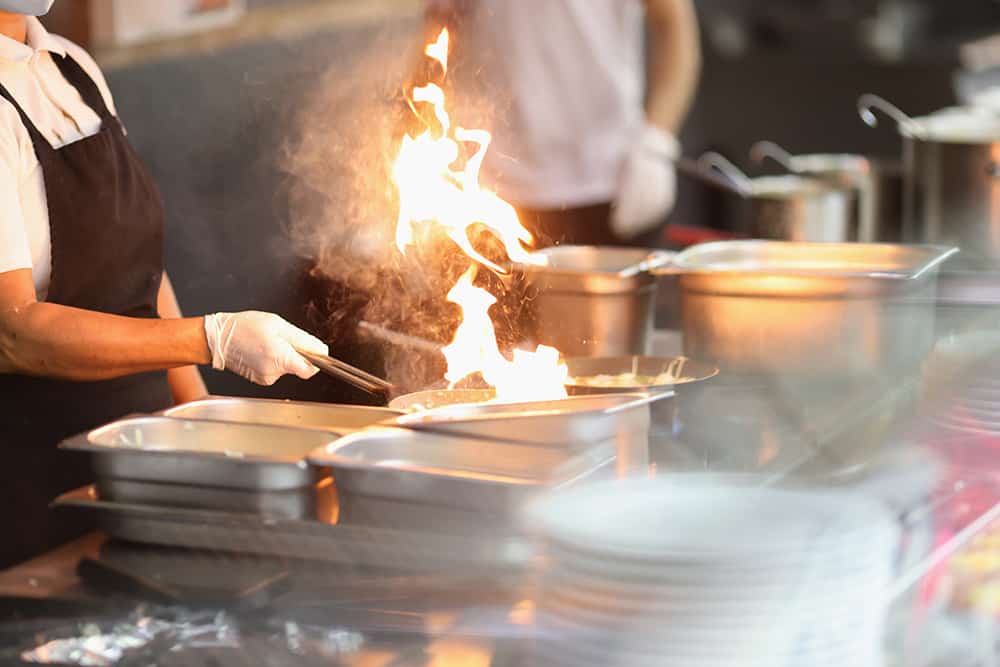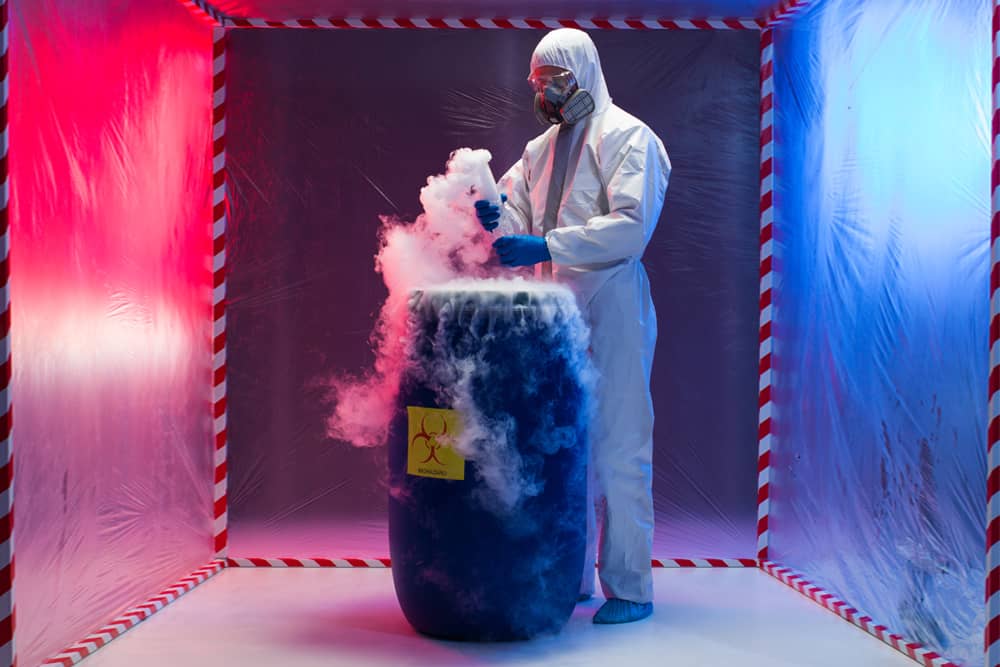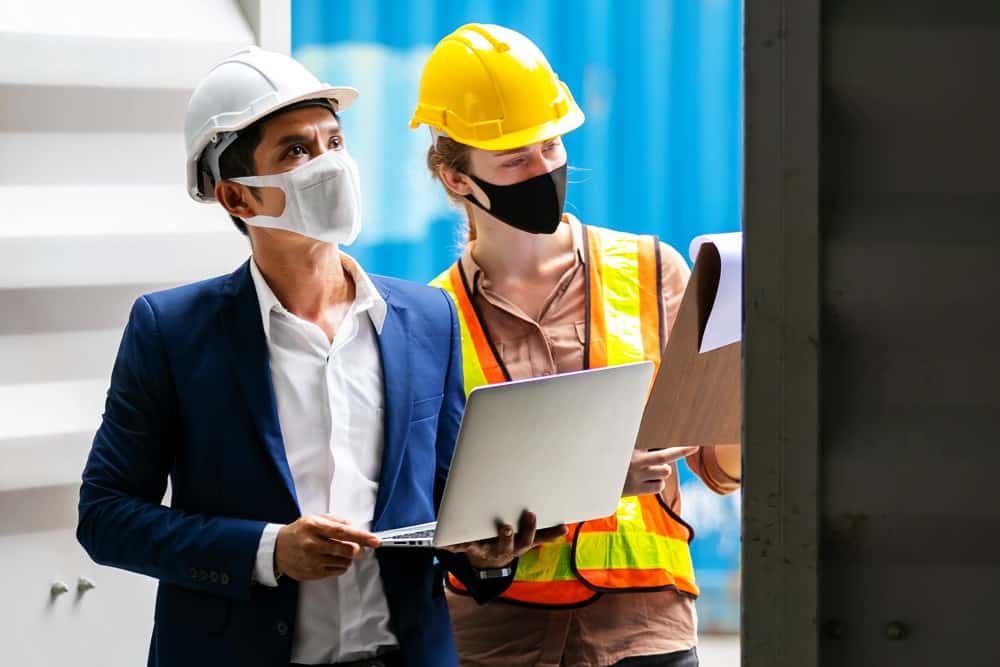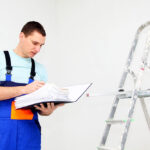
Hotels have an especially high risk of fire. So, it is vital that if you are a hotel owner or responsible for one that you maintain effective fire safety controls.
As part of your controls, you must conduct a fire risk assessment on your premises and review it regularly. This article details what hotel owners, managers and employees should know about conducting a suitable risk assessment and fire safety regulations for hotels.
What are the Fire Safety Regulations for Hotels?
The Regulatory Reform Fire Safety Order 2005 (RRO) is the main piece of legislation covering fire safety regulations for hotels and fire safety for the hospitality industry as a whole.
Under these regulations, a ‘responsible person’ must ensure that effective fire safety precautions and procedures are implemented. The responsible person is usually the owner of the hotel but can also be a manager or anyone that has a degree of control over the premises. In some cases, a hotel may have more than one responsible person.
The responsible person is required to assess all fire hazards on the premises and develop measures to eliminate or control these risks. To accomplish this, the responsible person must conduct a fire risk assessment of the hotel and update it when necessary.
What If the Responsible Person is Not Always on the Premises?
It’s not always possible for the responsible person to be present on the premises. A responsible person may also feel that they don’t have the right skills to conduct a fire risk assessment properly.
In these types of cases, the RRO does allow for the appointment of a ‘competent person’ to ensure that the business is fire safe. However, the legal responsibility for fire safety still lies with the responsible person.
For more legal information, the UK government guide provides information on the fire safety requirements for those whose clients pay for accommodation.
How to Conduct a Fire Risk Assessment for a Hotel
Conducting a fire risk assessment for any business involves the following five key steps:
- Identify the fire hazards – Consider all of the ways a fire might start and any areas that are particularly high risk, for example, kitchens or smoking areas. See our common hotel fire hazards below.
- Determine who is at risk – Identify who may be harmed and how they may be harmed. Identify any particularly vulnerable people, for example, children, pregnant women, the elderly or people with disabilities.
- Evaluate the risks and develop measures to eliminate or control them – Develop effective ways to remove risks or limit the extent of the risk so far as is reasonably practicable. Develop an emergency plan that provides information for staff and guests on what to do if a fire does occur. All firefighting equipment and fire doors must be checked.
- Record all your findings – This should include all fire risks and what measures were implemented to eliminate or control them. Details on fire safety training for staff should also be provided.
- Regularly review the fire risk assessment – Go over your risk assessment periodically to ensure it is still effective. If any work processes or the hotel environment have changed, you may need to update your fire risk assessment.
Common Fire Hazards in Hotels
As they must cater to hundreds of guests, employ a variety of staff, and often have restaurant facilities onsite, hotels are a high fire risk.
The most common fire hazards in hotels include:
- Damaged fire doors
- Incorrectly installed seals on fire doors
- Fire doors that have been wedged open
- Firefighting equipment that is in poor condition
- Firefighting equipment that is not in its correct place
- Insufficient fire safety signage
- Poor fire safety procedures in laundries, kitchens, or common areas

All of these fire hazards are considered to be breaches of the RRO. If you’re found to have breached the RRO, you could be charged with a criminal offence. More information about the changes to RRO can be found in our previous blog.
The Importance of Fire Safety for Hotels
These injuries are common and include injuries to the back, neck, arms, feet and hands, as well as cuts, bruises, sprains and strains. Any injury that affects the bones, joints or muscles is classified as a work-related musculoskeletal disorder (WRMSD). The effects of WRMSDs are not always immediately apparent and may develop over many years. WRMSDs can be short or long-term.
Failure to comply with fire safety regulations for hotels can result in severe property damage or loss of life. Even if a fire does not occur, hotel owners can find themselves facing unlimited fines or the threat of imprisonment if they have breached the RRO.
After an inspection by officers from the Health and Safety Executive (HSE) in 2018, the Bank Hotel in Barking was charged with several breaches of the RRO. These breaches were due to poor fire safety procedures, an insufficient number of fire doors on the property, a lack of smoke detectors, and no fire alarm system. Despite a prohibition notice being issued by the HSE, the hotel owner continued to accept guests.
Eventually, the prohibition notice was removed and the HSE was satisfied that the hotel had been brought up to code. Nevertheless, hotel owner Naveed Mir was still brought to trial and found guilty of breaching the RRO. He was fined £40,000, ordered to pay £10,000 in costs and received custodial sentences that were suspended for two years.
Where to Find Training on Fire Safety for Hotels
The risk of fire is a major concern for anyone that works in the hospitality industry. With the right training, you can be certain that you and your team are compliant with the relevant fire safety regulations for hotels.
To protect your business and your people, you can sign up for a Risk Assessment Training course with Human Focus. Our risk assessment course is ideal for both hotel owners and their staff. During the course, trainees will learn how to effectively identify and control fire hazards in hotels. The course explains the fundamentals of risk assessments and teaches trainees how to complete a fire risk assessment in accordance with legislation.
You can complete our risk assessment training online at your convenience, so it’s simple to fit it around your work schedule. All successful trainees receive a downloadable certificate recognised by leading UK health and safety authorities.






















































































































































































































































































































































































































































































































































